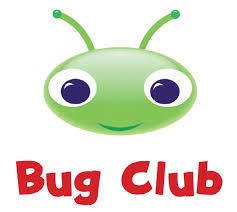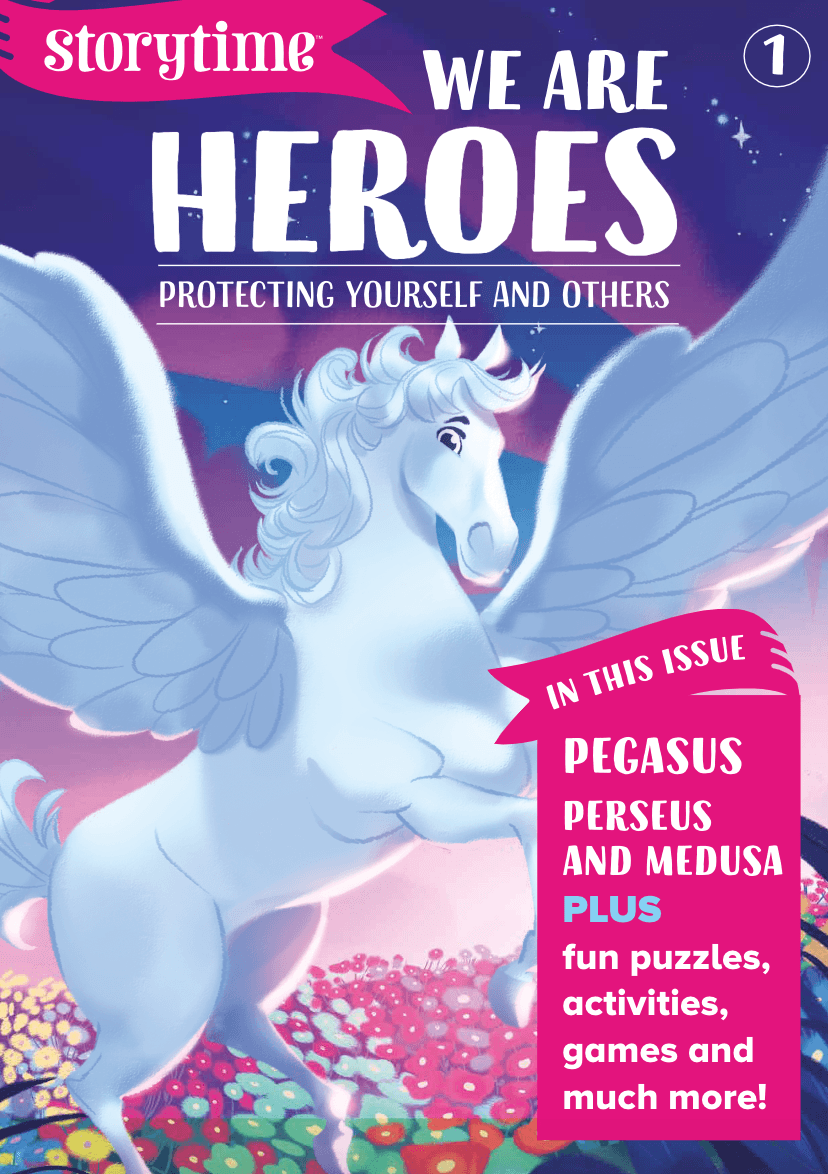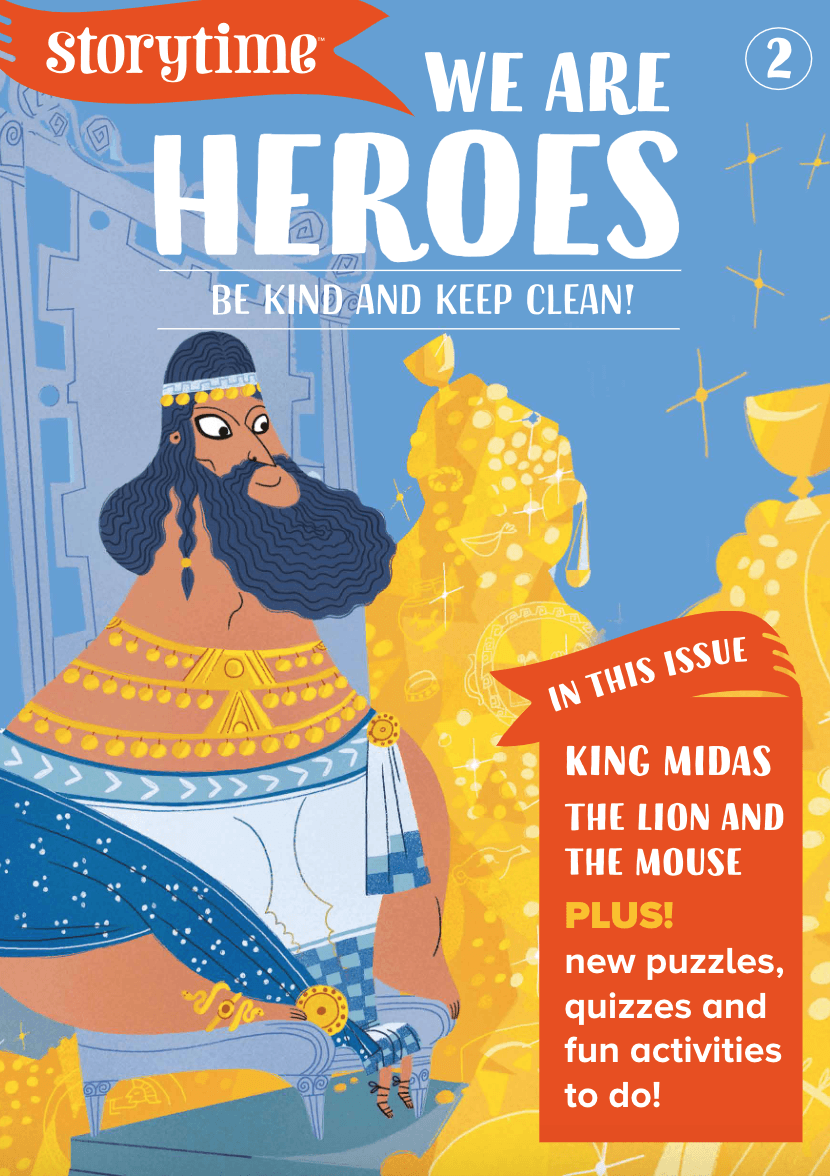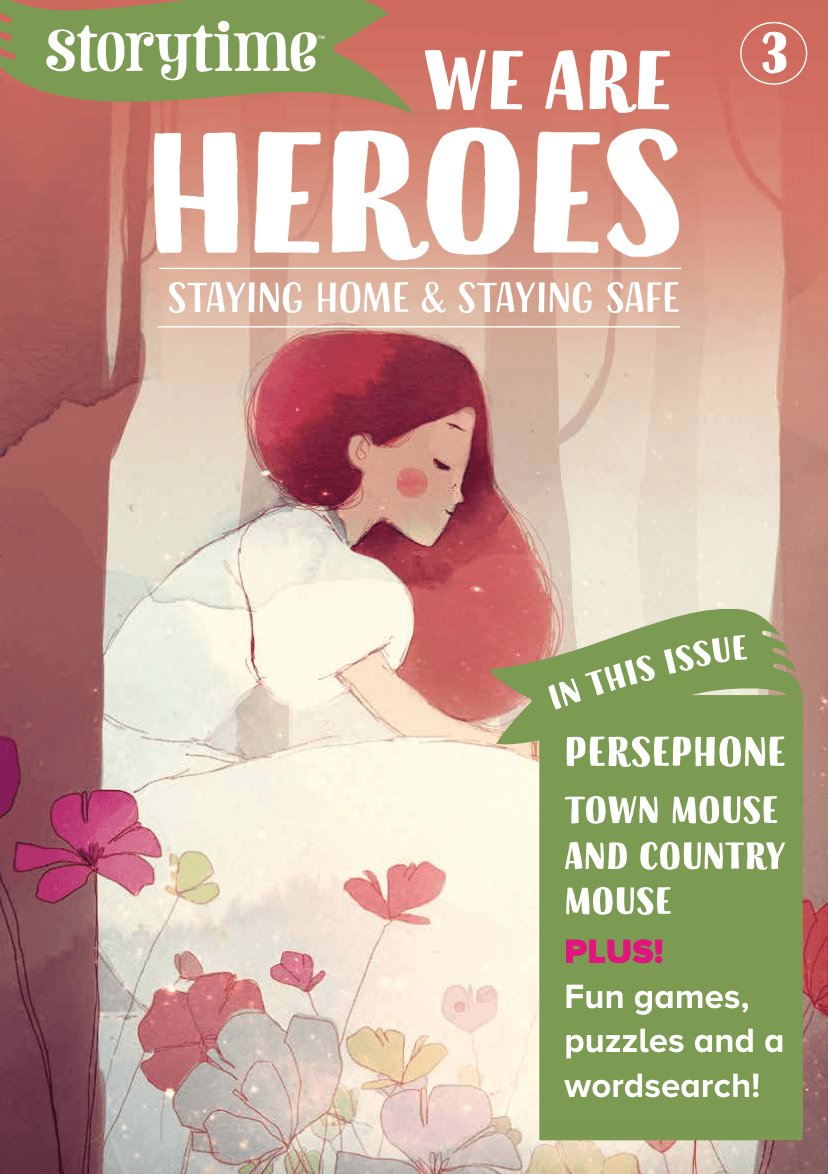READING
Intent
We want our children to be motivated and confident readers who read with accuracy and fluency whilst having a strong understanding of what they are reading. We aim to provide pupils with opportunities to build, consolidate and reinforce their Reading skills within a broad, balanced and purposeful curriculum.
From Nursery through to Year 6, Reading is central to our curriculum to allow pupils to develop the reading skills necessary to access the full curriculum offer. At all stages, reading attainment is assessed and gaps addressed quickly and effectively for all pupils. Alongside structured learning opportunities in Reading, we support children in developing an intrinsic interest in reading through access to reading opportunities in our library, reading areas and an ongoing timetable of reading events.
Implementation
From Reception to Year 2 pupils are taught to decode words through the daily phonics lessons. As their reading becomes more fluent, a greater emphasis is placed on reading comprehension skills. Support is also provided to pupils new to English who start at different times throughout their school career.
Reading lessons take place three/four a week for thirty to forty minutes where the teacher works in a focused way on developing reading comprehension skills. The text may be from the daily English lesson and other shorter texts may also be used, including non-fiction and poetry. Lessons are based around the KS1 & KS2 reading domains and guiding children through clear steps to confidence in all the reading domains or skills. Continued support is provided for children’s skills in decoding as they progress through the school. There is a daily focus on vocabulary development too through a structured approach of learning new words, practising and then revisiting the vocabulary. Teachers may hear children read aloud too. The children work in groups for some of these sessions with the teacher supporting different groups throughout the week. The rest of the class will be completing short, useful reading comprehension activities linked to the learning objectives for the lesson such as understanding vocabulary.
Reading comprehension strategies are taught in these lessons and applied to English and other subjects too. The skills teachers develop are literal, evaluative and inferential: questioning, sequencing, predicting, summarising, skimming and scanning, visualising plus the importance of learning new vocabulary and checking the meaning of words.
Reading skills are also taught in English lessons as learning sequences are based around a high quality text. Children have opportunities to become familiar with a wide range of authors, to understand key plot structures. From this they can make comparisons, learn about different cultures and become familiar with key text types such as myths, legends and traditional tales.
To assess progress, pupils complete a reading comprehension test each half term and are heard reading for a Salford reading test twice a year. This test assesses their reading and comprehension age.
Reading corners in the classroom
Each classroom has a dedicated reading corner with a variety of fiction and non-fiction texts at different levels. Reading corners also display questions to stimulate thinking about books or to celebrate learning, should be tidy and welcoming spaces and can be looked after by class Reading Monitors. ‘Reading for pleasure’ or ‘free reader’ books are available in each classroom’s book corner. These are for children to read whenever they have the opportunity. These books should stay at school.
Home school reading book and library
All pupils receive a ‘reading book(s)’ from a band chosen by the class teacher, based on assessment. This book is to take home and read with the support of an adult. Pupils will be assigned the appropriate level following reading assessments and this will be reviewed regularly by teachers. For each year group or phase, these books will be stored and distributed from a ‘Reading station’. These books are banded according to ‘Book Bands’ and reading levels or beyond; this a ‘free reader’. Children write daily in their bespoke Reading Record Book (which is full of resources). Parents/Carers are asked to sign the reading record at least once a week. Children should bring their book bag with their reading book and reading record to school every day so that any adult can read the appropriate level of book with them.
Pupils are also given the opportunity to borrow a book from the school library - these are books of their choice and interest which they can take home to enjoy. Each class is timetabled to visit the library once a week. The library is also open after school three days a week so that parents/carers can enjoy reading with the child.
The school provides further access to Reading related activities through online platforms which every child can log-on to use at home e.g. Espresso. Children across the school also have access to e-books through ‘Bug Club’. Teaching Assistants will allocate children a particular book level at a time; all the books at that level can be accessed to read with questions and activities too.
Class Novel
At different points of the year, class teachers will read a ‘class novel’ to pupils as a further opportunity to build the children’s exposure to different kinds of texts. They also use it as an opportunity to develop pupils’ understanding and enjoyment of books.
Impact
Results:
Children continue to achieve well in Reading at West Acton. In 2020, 72% of children achieved a good level of development in EYFS which includes literacy, communication and language. For the Year 1 screening check in 2020 (delayed until autumn term due to Covid 19) 84% of children passed. These results match or exceed national standards.
In Year 2 SATs in 2020, 65% of children achieved at expected standard in Reading and 24% achieved at the higher standard. For Year 6 children in the KS2 Reading SATs paper, 80% of children achieved the expected standard and 30% at the higher standard, exceeding the national expectation.
Key changes we have made to our Reading curriculum and provision continue to see the children make good progress as assessed in half-termly Reading tests and end of key stage assessments. They build on their excellent phonics skills, where Ofsted commented that ‘children get off to a strong start.’
Home-school reading habits are well-established with children enjoying using their Reading Record. They can talk to us about how they like to read at home and they take pride in choosing a new book(s) each week and seeing their progress.#
Pupil voice:
Children demonstrate in their pupil voice sessions that they are really engaged in their Reading lessons, enjoying discussion activities that help build their vocabulary. They are familiar with the Reading domains (skills) and can now talk about a wider range of books and authors that they enjoy. All children make use of the library, either in class time or making their own visits during lunchtime; they really appreciate the new range of children’s magazines and newspapers.
Engaging with parents and carers is something we consider really important too. We are pleased that so many families use the Reading Record and access our online Learning tools such as Bug Club. Parents commented positively on our live Reading sessions led by teachers during lockdown and how their children enjoyed staff’s Reading videos on our You Tube channel.
Celebration of events
At West Acton, we have significantly enriched the reading experience for children by celebrating or participating in lots of different reading events such as our pyjamaramas to our World Book Day celebrations. Year 3 really enjoyed being part of the National Literacy Trust’s Young Readers’ Programme and having themed reading events along with their parents.
Cultural Capital
At West Acton, we aim to provide our children with the courage, skills and aptitude to enable them to make a difference in the world. By becoming confident readers and writers, our children will have access to the exciting opportunities available to the young people of the future. We believe it is important to give children access to reading materials from a broad spectrum that includes classics and contemporary texts, some by key British authors and poets through the ages, others from exciting new voices covering different backgrounds and experiences. Non-fiction texts and multi-media texts are an important aspect of our curriculum too, including mixed media approaches using technology. Throughout their learning in English, our pupils have the opportunities to connect, consolidate and reinforce their Reading and Writing skills within a broad and balanced yet purposeful curriculum. A striking feature of West Acton is our diverse community not only in ethnicity but economically and emotionally.
We are very proud of the way our curriculum, especially our English curriculum, reinforces this unique feature of our school whilst developing pupils' understanding and consideration of their own lives and those of others.
Home learning
The home-school partnership is sustained through homework, workshops for parents/carers and half termly letters going home in advance informing what the following half term’s text and focus will be. Pupils are expected to read daily and practise spellings. Resources are sent home at key points during the year to support this. Monitoring of the completion of these tasks is done through assessing the progress children are making in their learning and if the parents/carers are signing the Reading record book. In addition, we have provided a set of CGP books and spelling book for each child. We also provide access to Espresso, an on-line learning resource full of reading-related activities, film-clips and other useful on-line tools as described earlier & to Bug Club too.
RESOURCES
West Acton subscribes to several high quality online resources for which a login is needed. Logins will be provided by your class teacher and are also available to request here.
Below are details of how each online resource specifically applies to writing.
 |
Bug Club |
 |
Purple Mash |
|
Espresso |
|
 |
My USO |
(Quick Guide Video available in the table above)
 --------------------------------- |
|||
 --------------------------------- |
 --------------------------------- |
 --------------------------------- |
READING AT HOME
Storytime team have collaborated with Queen Mary University of London, to create these We Are Heroes mini magazines.
Each edition contains stories that have parallels to experiences of lockdown that children could be facing – such as staying at home or protecting yourself – with additional activities produced in consultation with a children’s mental health expert.
We hope it gives children a creative way of thinking about the current situation they find themselves in.
CELEBRATION






































